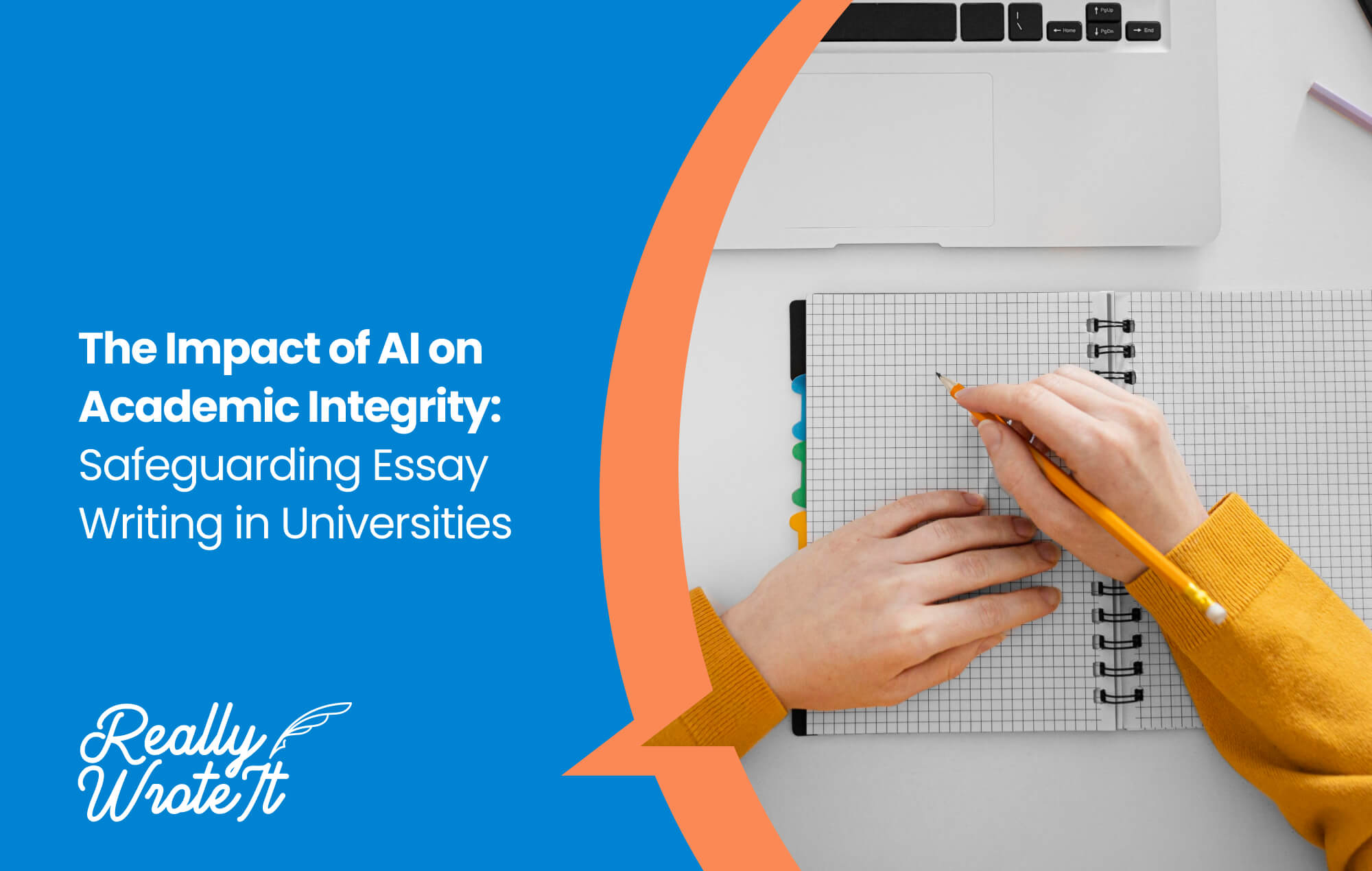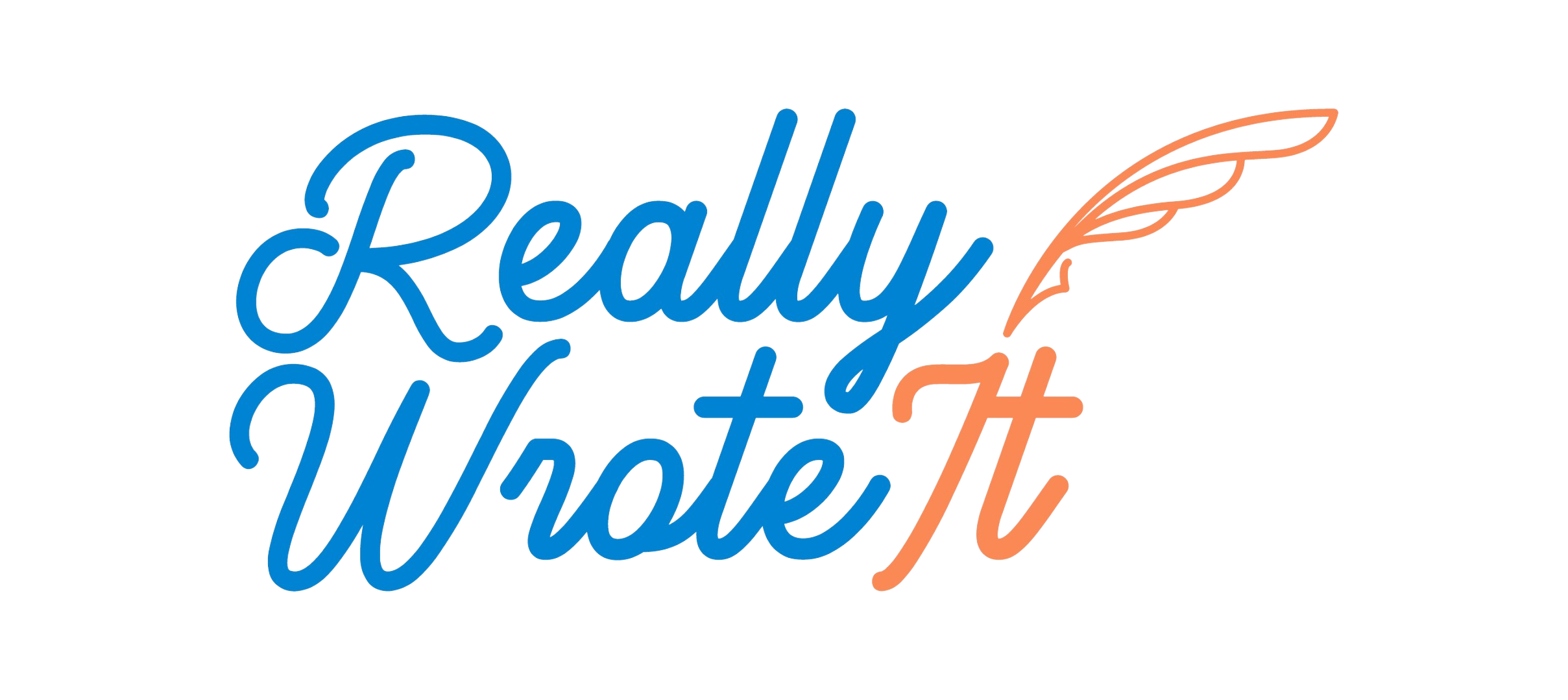Artificial intelligence (AI) writing tools are rapidly on the rise, with nearly every industry leveraging their power, including education.. While AI tools can come with many benefits, some may argue that these tools are having a negative impact on education and threaten academic integrity.
In this article, we’ll explore the effects of AI in academia, as well as its potential hazards. Keep reading to learn more.
How Is AI Threatening Academic Integrity?
Because artificial intelligence has experienced a massive increase in popularity in recent years, AI-driven tools can now be accessed by essentially anyone. This means that more and more students are utilizing these tools to complete assignments and even exams. It should come as no surprise, then, that AI is becoming a major threat to academic honesty.
Inauthentic Work
The most obvious way in which AI is threatening academia is through the creation of inauthentic work generated by AI bots like ChatGPT. With these text generators, students are able to feed a prompt into an AI text generator, such as the title of their essay or any relevant questions, and have the bot produce whole academic works. Generally, however, this content is noticeably lower quality than a human-written essay, as AI is still unable to perfectly recreate the human voice in long pieces of text.
It’s important to note that inauthentic work is not just a problem among students; it’s also possible for lecturers to use AI to create lesson plans and content and even mark student work. For example, ChatGPT can be asked to plan a university-level lesson around any topic, and it will return a fleshed-out response. This is particularly threatening to academic integrity, as AI-generated lessons bring the source of students’ learning into question.
Unreferenced Research
Though content generators like ChatGPT are able to provide accurate responses when asked a question, they do not offer any sources. Even when asked for information references, ChatGPT is unable to provide verifiable links and explains that it uses a mixture of freely available online data. In a university essay that requires accurate referencing to verify data and substantiate student claims, using AI-generated responses could result in improper citations and ultimately plagiarism.
However, some AI generators, like BingAI, now provide references when answering user questions. Because BingAI is an add-on to Bing search, it’s unlikely to be used for essay generation. As a result, if the content is identified as AI-generated, any data references must be rigorously scrutinized.
Unoriginal Ideas and Data Bias
Given that AI text generators grab information from online data sources, such as articles and directories, it means that they tend not to create completely original ideas. Instead, AI text generators often produce content that echoes the opinions of online articles, journalists, and so-called experts. This leads to unoriginal essays devoid of critical thinking.
What’s more, if the information is drawn from skewed data sources, student essays may reflect biased opinions. For example, if an AI generator were to scrape more right-wing blogs and online journals when generating an essay on a divisive issue, the student’s article would skew right, regardless of their actual opinion.
AI Content Generators to Watch
There are many AI content generators available online that users can easily access and use to generate essays and text-based content. Here are just a few of the top AI bots to look out for:
ChatGPT
OpenAI’s ChatGPT has seen an incredible increase in popularity over the last few months, sparking a new wave of AI developments and users. In fact, ChatGPT receives nearly one billion web visitors per day. Utilizing Natural Language Processing (NLP) ChatGPT is capable of mimicking human writing styles, answering users’ questions, and generating large volumes of text almost instantaneously. It can also be easily integrated into third-party software and websites.
Jasper.ai
Unlike ChatGPT, Jasper.ai was developed specifically for content generation and enhancement. It allows users to generate article outlines, headlines, subheadings, and paragraph text and rewrite existing content. At face value, Jasper.ai is not as suited for writing essays compared to ChatGPT, but it can be manipulated into doing so with minor experimentation.
Google Bard
Google Bard is Google’s answer to ChatGPT and BingAI, and it’s very much the new kid on the block, with many tech experts citing it as becoming ChatGPT’s main rival. Like ChatGPT, Google Bard is capable of generating conversational text using large language data processing that draws on online data sources. With Google being the largest search engine available, Bard also has access to an immense amount of online data, making it an extremely powerful platform.
Can AI Be Used to Enhance Academia?
Regarding AI as a purely negative influence on academia is not a fair representation of this technology. In fact, AI has many positive uses in education. Here are just a few to consider:
Personalized Learning
AI algorithms can be used to help educators create personalized learning experiences customized to their level and progress. An excellent example of AI personalization is the Duolingo language learning app, which uses a combination of AI machine learning and human direction to create lessons tailored to the learner’s needs.
Personalized learning can also allow two learners at the same point in their education to study different topics based on their strengths and weaknesses. This leads to more well-rounded students and a better overall knowledge of their chosen subjects.
Improved Home Learning
Using similar algorithmic technology as personalized education, AI can also be leveraged to improve home learning experiences. And, with several AI bots freely available online, the learning resources they provide are accessible to everyone with an internet connection. This makes the home learning experience accessible to more people as well, since tools like ChatGPT can be used for research.
Additionally, home lessons can be customized to each student’s needs, meaning that even outside of the classroom, students can get the proper care and attention they need to successfully complete their studies.
Learning Gap Analysis
AI algorithms can be fed student averages and grades and then analyze which areas of their studies need improvement. This is useful in identifying learning gaps between students, helping educators take the necessary steps to close gaps, and ensuring each student gets a fair and even education.
Avoid Inauthentic Writing With Really Wrote It
If you’re looking to mitigate the threat of AI to academic integrity but want to respect your students’ privacy, you need Really Wrote It. Our anti-AI word processor tracks every keystroke made while writing and allows you to play the writing process back. However, we do not monitor student screens or computers, allowing users to retain their privacy. Get in touch today to learn more.

